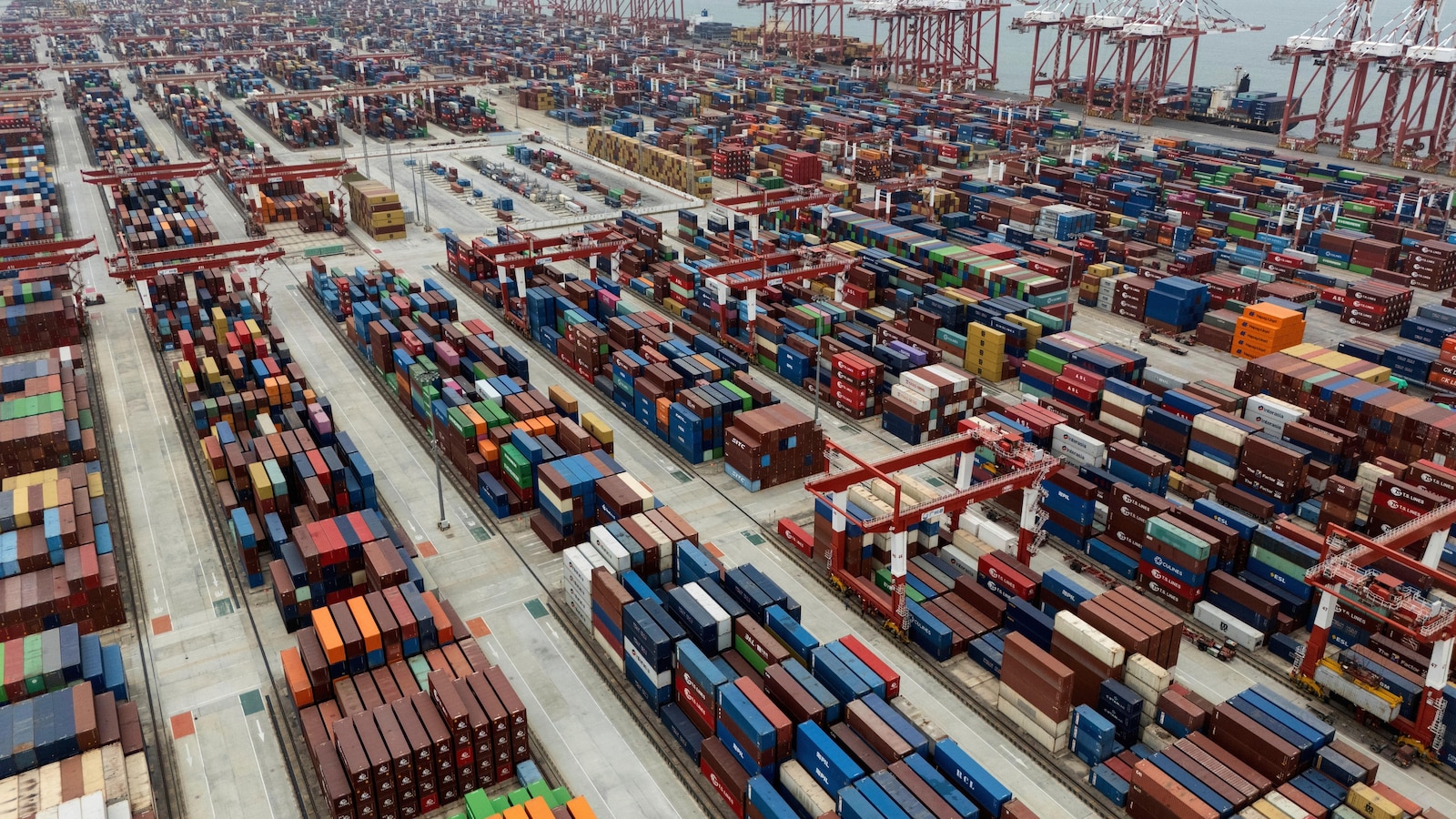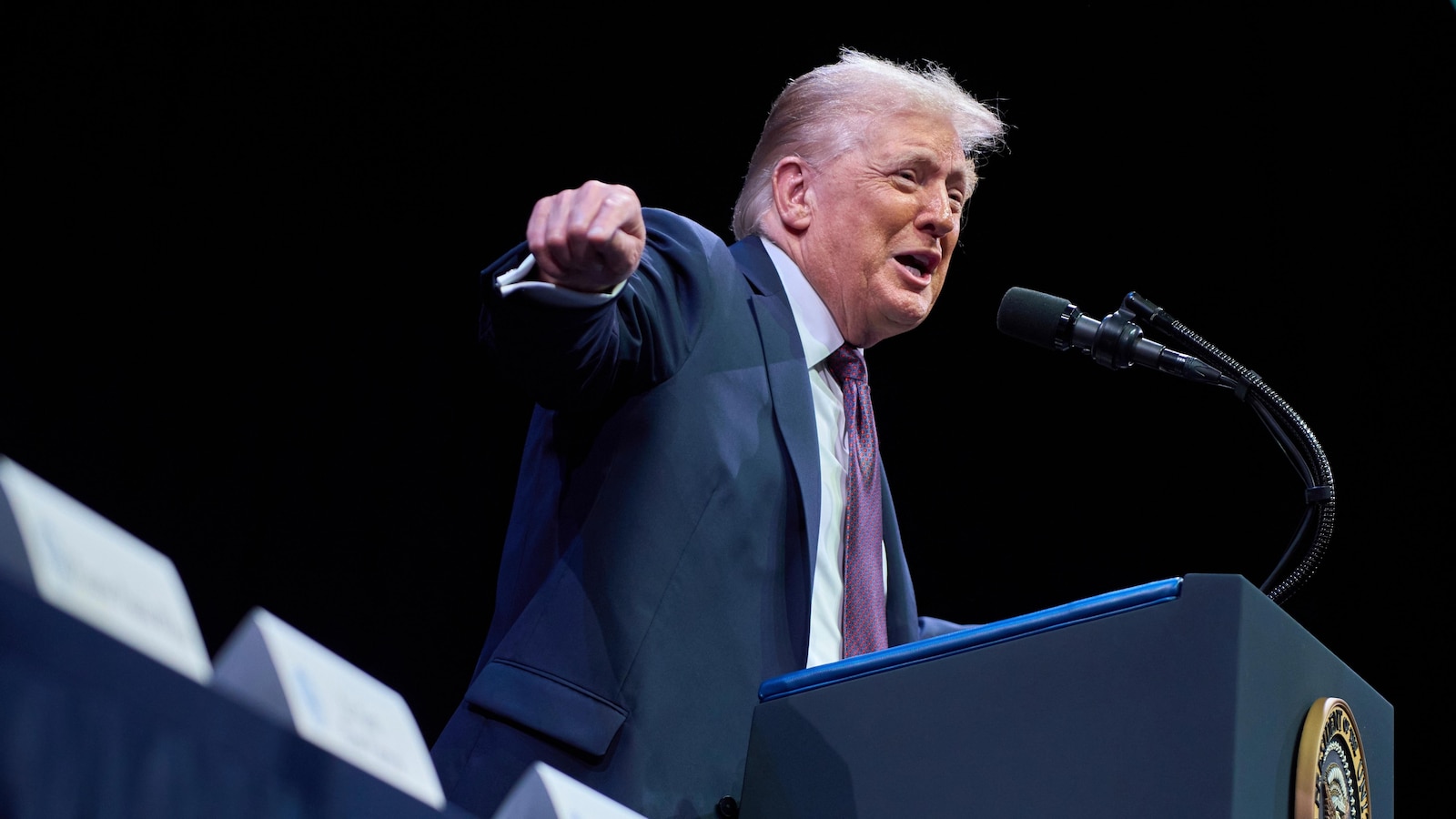In a strategic move aimed at fortifying its domestic economy, Mexico has unveiled a proposal to implement new import taxes on a diverse array of 1,400 products. This initiative is designed to stimulate national production and encourage local industries to flourish. By imposing these tariffs, the Mexican government seeks to create a more competitive environment for local manufacturers, while simultaneously reducing the reliance on foreign goods.
The proposed tariffs are part of a broader economic strategy that underscores Mexico's commitment to enhancing self-sufficiency and resilience within its market. By targeting a wide range of products, from consumer goods to industrial components, the government aims to incentivize both established enterprises and emerging businesses to ramp up production capabilities. This approach not only promises to bolster the national economy but also aims to create jobs and foster innovation within the country.
As the global landscape continues to evolve, Mexico recognizes the importance of adapting its economic policies to safeguard national interests. The introduction of these import taxes is seen as a proactive measure to protect local industries from international competition, ensuring that domestic products have a fair chance to thrive. By doing so, the government hopes to cultivate a robust manufacturing sector that can withstand external shocks and contribute significantly to the nation's GDP.
Moreover, this initiative aligns with Mexico's long-term vision of sustainability and economic growth. By encouraging local production, the government is not only addressing immediate economic challenges but also laying the groundwork for a more sustainable future. Investing in domestic industries reduces the carbon footprint associated with importing goods and supports the development of local supply chains, which can lead to a more resilient economy.
The proposed import taxes have garnered attention from various sectors, with stakeholders weighing the potential benefits against the challenges that may arise. While some industry leaders express optimism about the opportunity to expand their market share, others caution that increased costs could be passed on to consumers, potentially impacting affordability. As the government engages in discussions with business representatives and economists, it aims to strike a balance that promotes growth while mitigating adverse effects on consumers.
In conclusion, Mexico's proposal to impose new import taxes on 1,400 products marks a significant step towards enhancing national production and safeguarding its economic future. By fostering a competitive environment for local industries, the government aims to create jobs, stimulate innovation, and build a more resilient economy. As the nation navigates the complexities of global trade, this initiative reflects a commitment to prioritizing domestic interests and paving the way for sustainable growth in the years to come.


















































 English (US) ·
English (US) ·